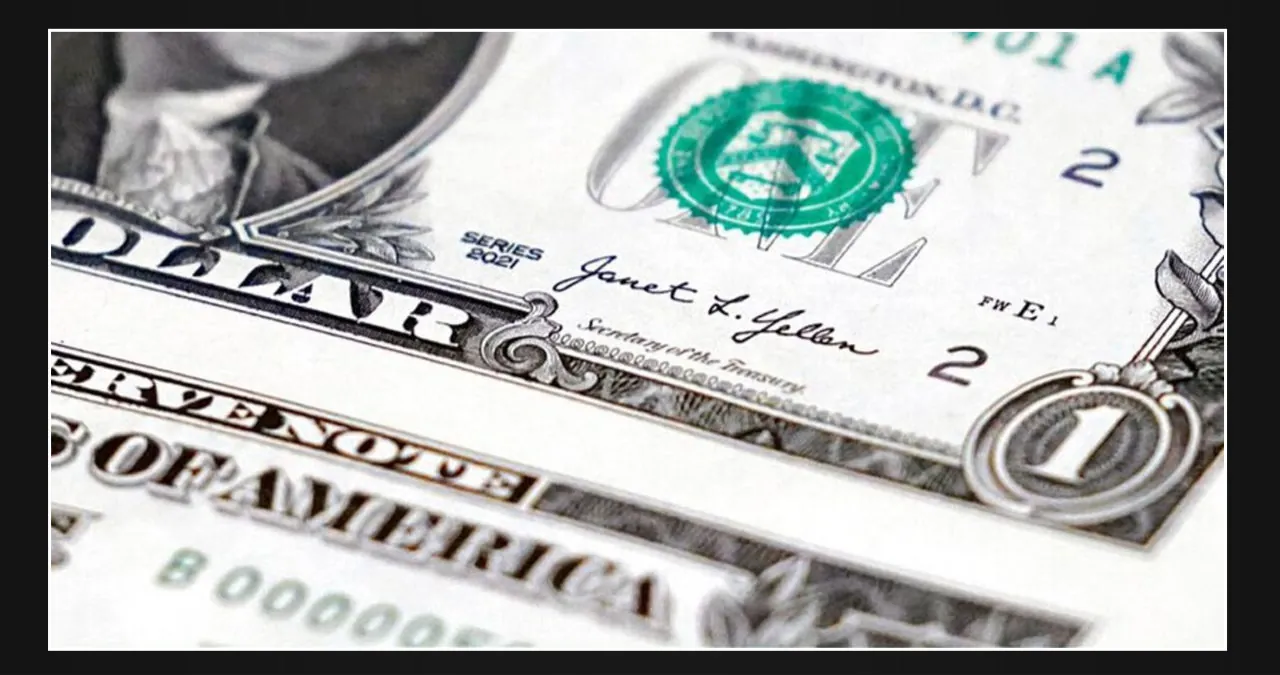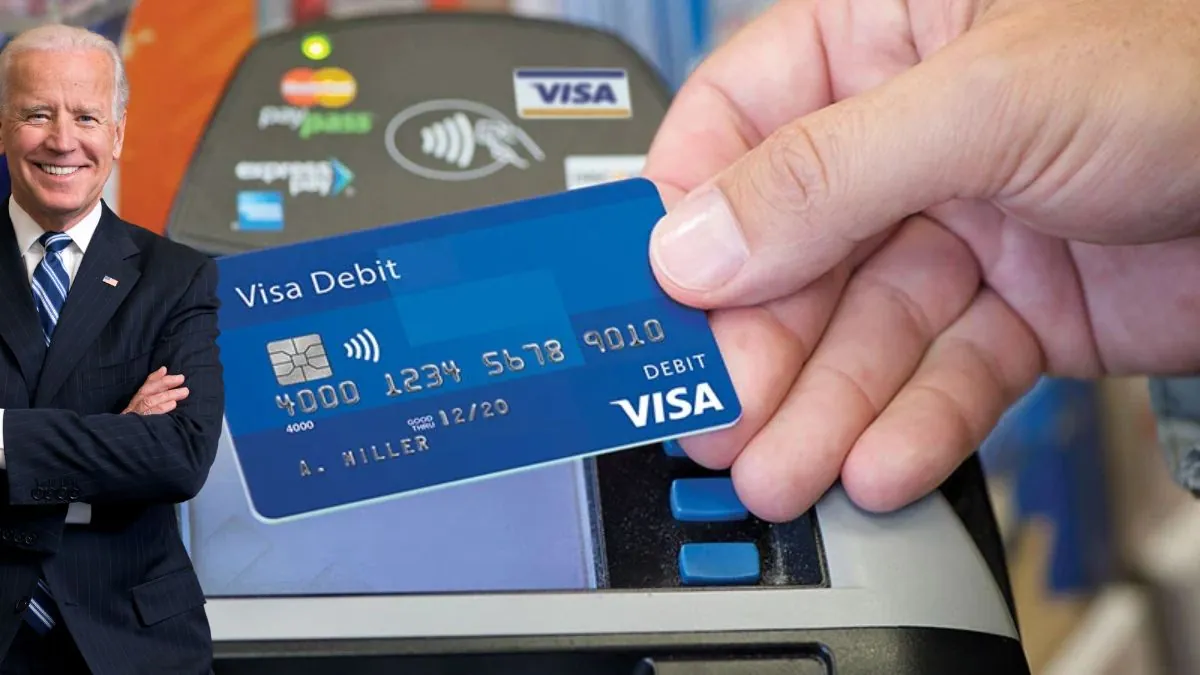Finding an apartment that fits within your budget, preferred location, and meets all of your requirements can be an arduous task. However, the process can be even more challenging if you do not match the profile of a desirable renter in the eyes of the landlord.
Before you start searching for your next apartment and brainstorming ways to pay your rent, it’s important to consider what factors could make you undesirable to a landlord. Here are a few things to keep in mind.
1. You skipped parts of the rental application
You may not want to provide certain information on the rental application, such as where you work or your present residence. However, landlords interpret those omissions as an attempt to conceal facts.
If you don’t want to reveal some information, be honest about it and encourage the landlord to consider other aspects when deciding if you’ll be a suitable fit, such as your credit score or financial wellness.
2. You don’t pay rent on time
Are you able to pay your rent on time, or do you struggle to make payments by the due date?
If you fail to pay rent on time, it could negatively impact your credit score as well as affecting your relationship with your landlord. Your late rent payments may also be communicated to your potential landlord by your current landlord, which could affect your chances of being approved for a new lease. Therefore, it is crucial to prioritize timely rent payments to avoid any potential complications or negative effects on your credit and rental history.
It’s crucial to ensure that you pay your rent on time every month. Doing so can assist you in establishing a good credit score and can make it simpler for you to rent or buy in the future.
3. You sued your last landlord
There may be valid reasons to sue a landlord, such as failing to maintain a property or failing to address severe issues when requested.
Potential landlords may understand if you explain the problem or have a valid basis to sue a landlord.
However, as part of a background check, landlords can also review public court cases, so don’t be shocked if filing frivolous lawsuits against your former landlord results in penalties.
4. You have pets
Pet restrictions can limit your choices despite your love for your furry companions. Dogs and cats may be cherished by their owners, but these restrictions can make it difficult to find suitable options.
When you’re searching for a new place to live and you have pets, it’s important to keep in mind that you may be required to pay a pet fee on top of your rent. To avoid any surprises, be upfront about your furry friends when looking for a home, especially if some places have strict no-pet policies.
5. You’re combative during your rental search
Negotiating the terms of a lease agreement or even requesting a reduction in potential rent is perfectly reasonable and acceptable. After all, negotiations are a natural and expected part of the rental process. So, don’t hesitate to speak up and advocate for yourself when it comes to finding the best rental agreement for your needs.
Elevating negotiations into a more combative position could signal to a landlord that you might become a disruptive tenant.
Let’s take a moment to breathe and approach this process as a friendly discussion rather than a battle. This will allow us to make a positive impression and reach a productive outcome.
6. You don’t make enough money
Making enough money is a crucial factor when it comes to renting a place. Inadequate income that cannot cover rent or does not meet the landlord’s requirements may result in rejection of your rental application.
Instead, consider your salary while determining whether apartments are within your budget, and consider lowering your target price so you can afford an apartment as well as other monthly necessities and wants.
7. You have bad credit
As part of a background check, landlords may review your credit report to assess your debt load and payment history. This allows them to make informed decisions about your suitability as a tenant.
Before you start searching for a new apartment, it’s advisable to obtain a free copy of your credit report. This will enable you to identify any problems and rectify them beforehand. By doing so, you can ensure that you’re in the best possible financial position when you begin your search for a new place to live.
8. You don’t pay utilities on time
When it comes to renting a place, it’s important to consider whether utilities like electricity or water are included in the rent or if they need to be paid for separately. This can have a significant impact on your monthly expenses and budgeting, so it’s essential to clarify this information with your landlord or property manager before signing a lease agreement.
If you fall behind on your utility payments, it could negatively impact your credit report. Landlords may view this as a sign that you are unreliable and may have difficulty paying rent on time. Additionally, there is a risk that your power or water may be shut off, causing inconvenience for both you and your landlord.
9. You don’t have stable employment
Your employment status may be in flux depending on the time of year. It’s possible that you’re transitioning between positions or taking on new job opportunities.
If you’re a renter, your potential landlord might want to know about your employment history. They may be worried about your ability to maintain a steady job, which could ultimately affect your ability to pay rent on time. This concern could potentially make you seem like a risky tenant.
10. You don’t have a stable income
Fluctuating income can be a challenge, especially if you rely on commissions or tips in your steady job. Monthly variations in your income can create uncertainty and make it difficult to plan your finances.
Ensure that your base salary is sufficient to cover your monthly rent expenses. It may also be helpful to bring additional months of pay history to demonstrate a consistent income.
11. You have a criminal record
It’s possible that your prospective landlord will conduct a background check on you in order to determine if you’ve had any problems in the past.
When communicating with your potential landlord, it’s important to be transparent about your past. If you have any blemishes in your rental history, don’t hesitate to mention them. However, make sure to also provide information about character references who can vouch for your reliability as a tenant. This can help build trust with your landlord and increase your chances of being approved for the rental property.
12. You move a lot
Renting instead of buying offers a great advantage where you can relocate freely without the added expenses and complications that come with purchasing a new home every year.
Constantly changing your place of residence may indicate to landlords that you are not a stable tenant. Landlords typically prefer long-term tenants who will remain in the property for an extended period of time, rather than having to search for a new tenant after only a few months.
13. You’re too loud
When requesting references from current or past tenants, a landlord may not always receive the most positive feedback.
Being disruptive in your present rental space may lead you to a new apartment, causing other landlords to refuse to rent to you.
14. You won’t get renters insurance
Renters insurance is essential as it covers any damage to your personal belongings while you are residing elsewhere. It can also help protect the landlord if you damage the property or cause problems while you’re living there.
If you refuse to obtain renters insurance included in your rental agreement, it may raise concerns for your future landlord.
15. You use your property as an Airbnb
The concept of Airbnb has gained immense popularity as it provides an opportunity to earn extra income. People prefer to rent Airbnbs instead of hotels as they offer a unique and homely experience to travelers.
It’s highly unlikely that most landlords would permit this, and you could easily be caught if a prospective landlord conducts a swift search of your current address on platforms such as Airbnb or Vrbo.
16. You’re new to renting
Leaving home and looking for a new place may excite you. However, landlords may view your lack of rental history negatively.
When searching for a new apartment, make sure you have additional things that will help you, such as an offer letter for a solid job you’re going to start or a strong credit report that indicates you pay other obligations on time, such as your credit card.
Bottom line
Before looking for an apartment, assess your budget if you’re trying to get out of debt or feel financially strapped.
When determining which apartment is best for you, keep in mind all of your expenses, including your investment contributions, if you’re aiming to save enough money to retire early.
It is also a beneficial idea to obtain a free copy of your credit report to avoid any shocks.
This Article Includes
- 1 1. You skipped parts of the rental application
- 2 3. You sued your last landlord
- 3 5. You’re combative during your rental search
- 4 6. You don’t make enough money
- 5 7. You have bad credit
- 6 8. You don’t pay utilities on time
- 7 9. You don’t have stable employment
- 8 10. You don’t have a stable income
- 9 11. You have a criminal record
- 10 12. You move a lot
- 11 13. You’re too loud
- 12 14. You won’t get renters insurance
- 13 15. You use your property as an Airbnb
- 14 16. You’re new to renting







